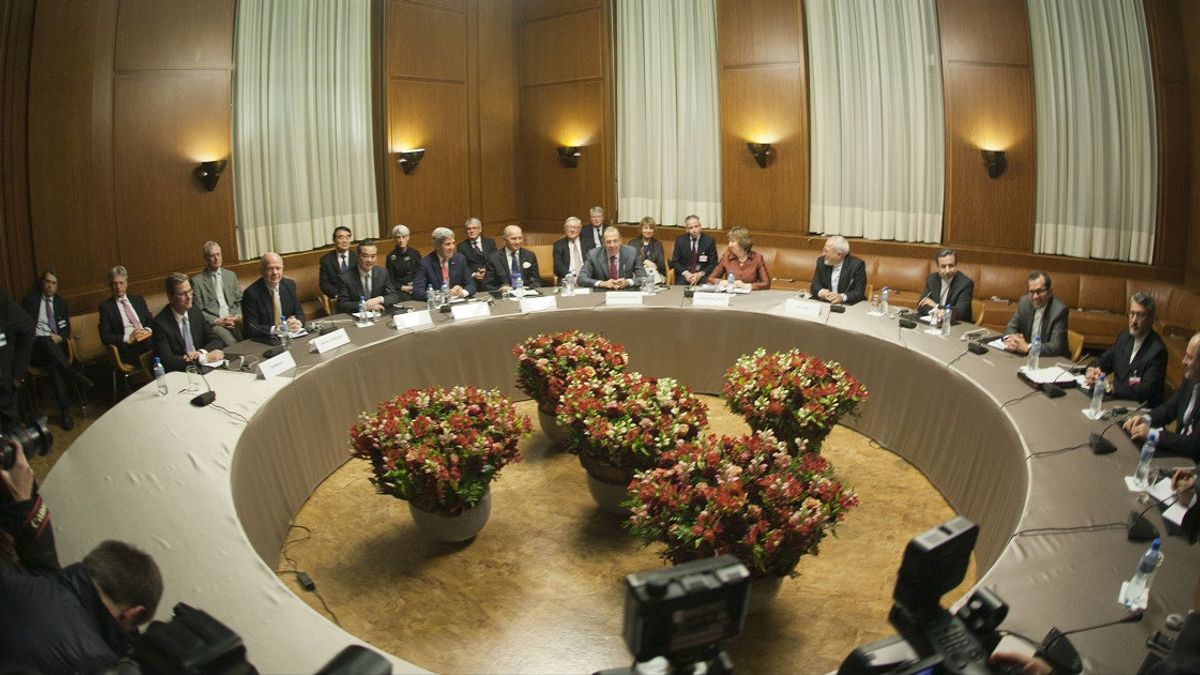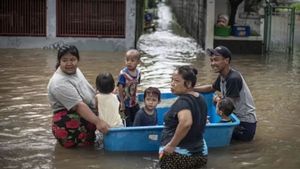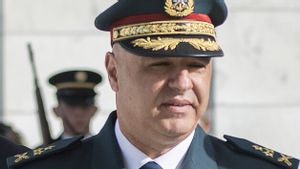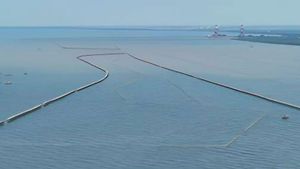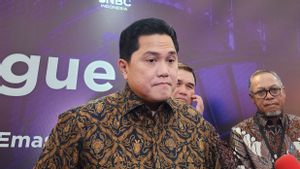JAKARTA - Iran's crackdown on protesters and drone sales to Russia, shifted the United States' focus from restoring the 2015 Nuclear Deal, Washington's envoy to Tehran said.
Speaking to reporters in Paris, Robert sneering said the United States would leave the door open to resume diplomacy "when and when" the time comes, but for now Washington will continue its sanctions and pressure policies.
Talks to revive the 2015 deal between Iran and world powers have been deadlocked since September.
Western countries accuse Iran of making unreasonable demands, after all parties appear to be close to the deal.
"If these negotiations don't happen, it's because of Iran's position and everything that's happened since (September)," said Zafi, as reported by Reuters on November 15.
"Our focus is not on a deal that is not moving forward, but what is happening in Iran, this popular movement and the regime's brutal action against protesters. Also the sale of armed drones by Iran into Russia and the release of our hostages," he said referring to three American nationals detained in Iran.
The narrative refuses to provide a timeframe on how long Washington will receive the status quo, but says if diplomacy fails, the United States is ready to use other tools.
"If Iran takes the initiative to cross a new threshold in its nuclear program, then it's clear the response will be different and coordinated with our European allies," explained pence, without elaborating.
"There is no magic where we will find a new formula," he said.
It is known that anti-government protests broke out in September over the death of Mahsa Amini, 22, when she was in Iran's moral police custody.
Recently, the European Union, the United States, Canada, and Britain have imposed sanctions for human rights abuses in Iran as well as drone sales to Moscow.
Iran is known to have continued its nuclear program, installing hundreds of more sophisticated centrifuges. The engines enrich uranium, increasing the country's ability to enrich well beyond the limits set by the 2015 deal.
Tehran began violating those terms in 2019, in response to the US withdrawal from the deal in 2018 under President Donald Trump.
The 2015 nuclear deal restricted Iran's uranium enrichment activities to make it difficult for Tehran to develop nuclear weapons, in exchange for the lifting of international sanctions. Iran denies wanting to acquire nuclear weapons.
The English, Chinese, Japanese, Arabic, and French versions are automatically generated by the AI. So there may still be inaccuracies in translating, please always see Indonesian as our main language. (system supported by DigitalSiber.id)
